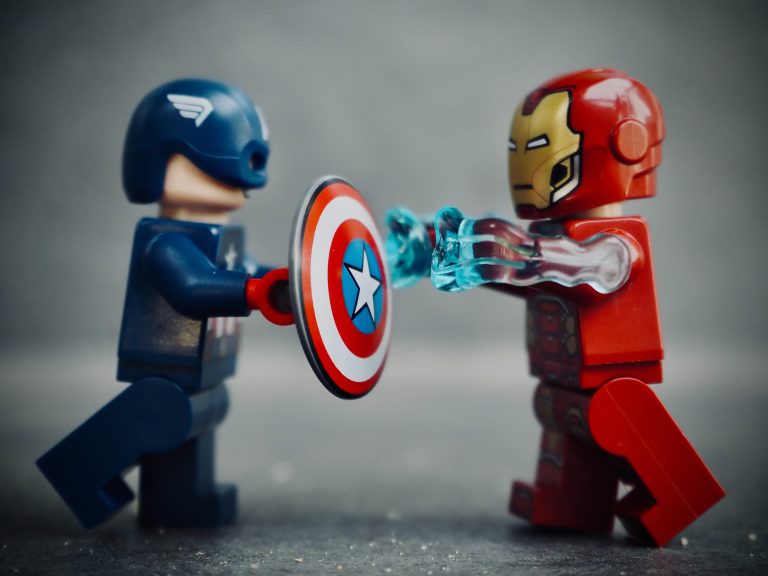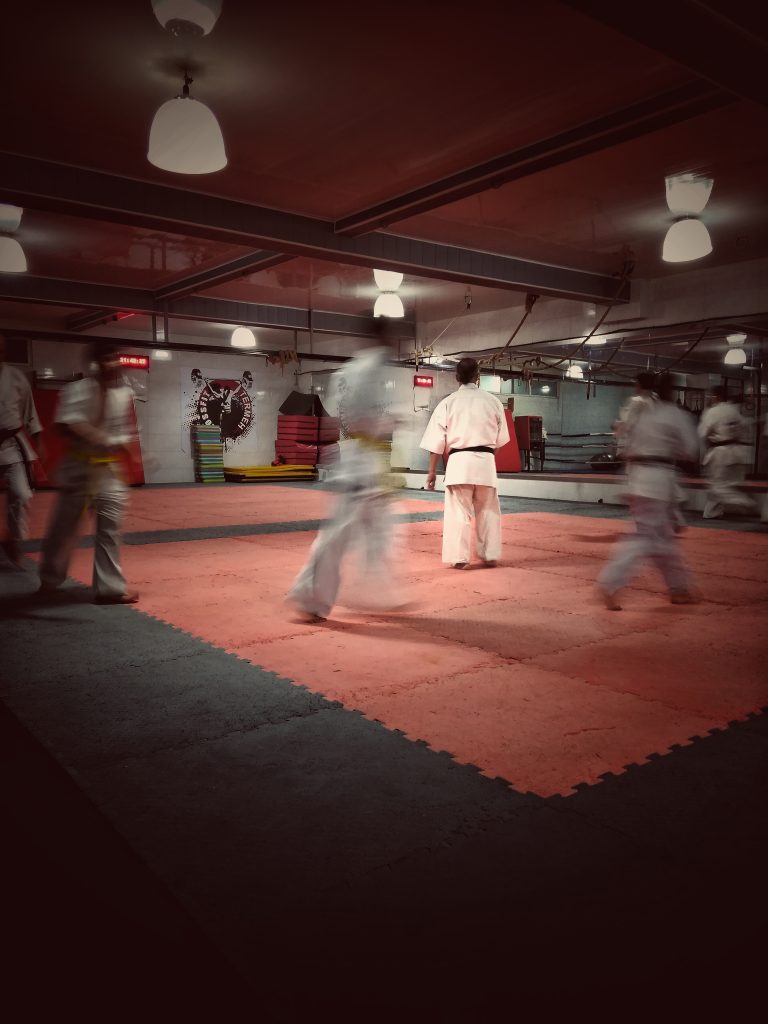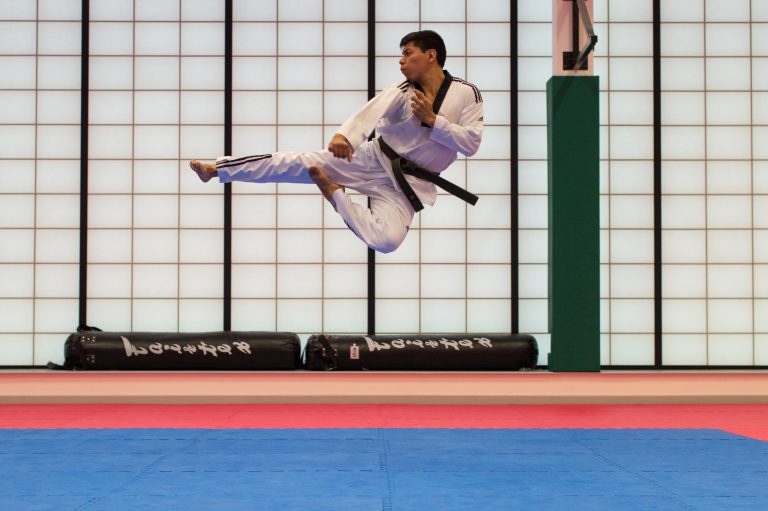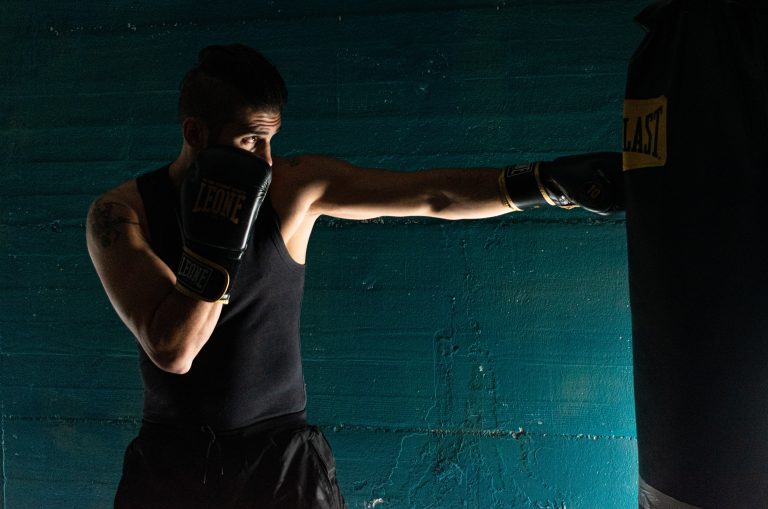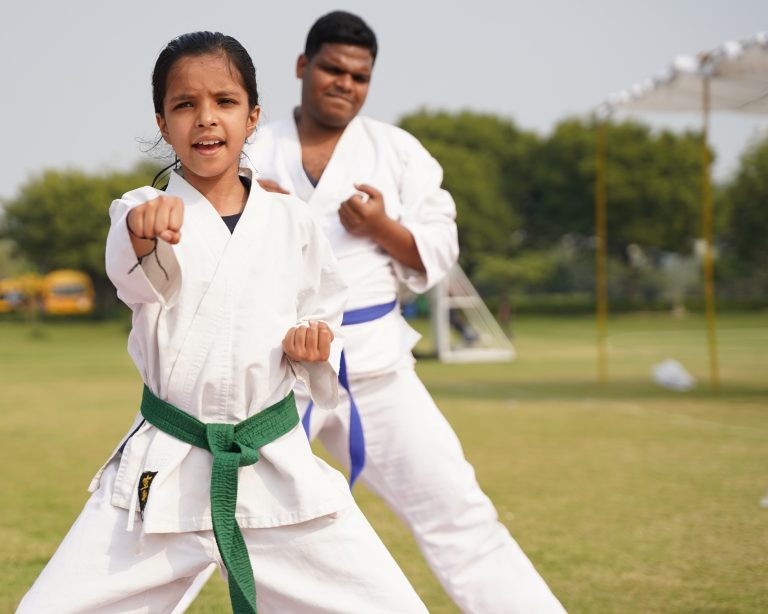Karate and Its Meaning as Martial Arts
Karate is a discipline that originated in Okinawa, Japan, in the early 20th century. This martial art form has roots in Chinese martial arts, and it emphasizes the use of striking, kicking, and blocking techniques. Karate practitioners train to improve their physical, mental and spiritual well-being. Let’s explore more about the martial art form and its significance in today’s world.
The Origins of Karate
Karate has its roots in Okinawa, Japan, and was developed by Okinawans who were seeking to protect themselves. The island of Okinawa had a long history of conflict, and the local people developed various forms of self-defense, including karate. Karate’s name means “empty hand,” which reflects the fact that this martial art does not rely on weapons.
Philosophy and Principles of Karate
Karate is more than just a physical discipline. It is a way of life that encompasses various philosophical and ethical principles. One of the key principles of karate is respect. Respect for the art itself, respect for the instructor, and respect for others is vital in every aspect of training. Additionally, discipline, self-control, focus, and perseverance are essential values in karate.
The Physical Benefits of Karate
Karate training provides many physical benefits to the practitioners. It is an excellent whole-body workout that improves cardiovascular health, flexibility, strength and endurance. Karate also helps develop hand-eye coordination and balance.
The Mental and Spiritual Benefits of Karate
Karate training is not just about physical development, but it also improves mental and spiritual well-being. Karate helps practitioners build self-confidence, develop greater concentration and focus, and promotes self-discipline. One can also learn to manage emotions such as anger, fear and nervousness through regular karate training.
The Future of Karate
Karate has grown in popularity worldwide, and it is one of the most widely practiced martial arts in the world. In 2016, karate was included in the Olympics for the first time. The inclusion of karate into the Olympics has encouraged more people to take up karate and has increased the focus on the martial art. Karate is likely to continue its growth in popularity and influence in the future.
Conclusion
Karate is more than just a martial art form. It encompasses various philosophical and ethical principles and provides numerous physical, mental and spiritual benefits. Karate is an effective way to improve self-confidence and self-discipline while maintaining physical fitness. With the growing popularity and inclusion of karate in the Olympics, the future of karate seems promising. It is an excellent way to stay fit and healthy while learning valuable life skills.
FAQs about Karate and Its Meaning as Martial Arts
Karate is a popular martial art form that originated in Japan. It is a full-body workout system that focuses on self-defense and discipline. If you are considering practicing Karate, it is essential to understand the basics of the fighting style, its history, and its benefits. Here we have compiled a list of frequently asked questions about Karate and its meaning as martial arts.
1. What is Karate?
Karate is a striking-based fighting technique that emphasizes quick, powerful punches, and kicks. It aims to develop strength, speed, and agility for defensive purposes. Karate originated in Okinawa, Japan, and has since gained worldwide recognition as a form of self-defense and physical fitness. Karate practitioners use various training techniques to refine their skills, from traditional kata practice to full-contact sparring matches.
2. What is the meaning of Karate?
Karate roughly translates to „empty hand“ in Japanese. The style aims to teach practitioners how to defend themselves without weapons. It is based on the principles of using minimal force to overcome a stronger opponent. In Karate, practitioners learn to strike precise targets with sharp, powerful blows while avoiding unnecessary movements.
3. What are the benefits of practicing Karate?
Karate offers numerous physical and mental benefits. Practicing Karate helps develop physical strength, flexibility, and coordination. The intense workout routine helps improve cardiovascular endurance and agility. Karate is also an excellent way to release stress and manage aggression. It offers a sense of accomplishment and community to its practitioners.
4. Can anyone practice Karate?
Yes, anyone can practice Karate regardless of age, gender, or physical ability. However, before starting Karate, it’s essential to consult with a doctor to ensure you are physically fit to participate in the sport. Karate is a demanding discipline; it requires discipline, patience, and a lot of practice.
5. Is Karate an Olympic Sport?
Yes, Karate is an Olympic sport. It made its debut at the 2021 Olympic Summer Games in Tokyo, Japan. It was included as a demonstration sport in the 1964 Olympics and has since been a popular event at the World Games.
6. What is the difference between Karate and other martial arts?
Karate shares many similarities with other martial arts, including its focus on physical fitness and self-defense. However, some differences set it apart from other styles. Karate emphasizes strikes with the hands, elbows, and feet and doesn’t involve any grappling techniques. In contrast, styles like Judo and Brazilian Jiu-Jitsu focus on grappling and submission moves.
7. How long does it take to become a black belt in Karate?
The journey to achieving a black belt in Karate takes time, dedication, and commitment. The length of time required varies depending on the practitioner’s level of experience and practice, but it can take several years of consistent training to reach the black belt level. Typically, it takes around three to five years of training to achieve a black belt in Karate.
8. Is Karate safe?
Karate is a safe sport when practiced correctly under proper guidance. However, like any other physical activity, there is always a risk of injury. To minimize the risk of injury, Karate practitioners should follow strict safety guidelines such as wearing protective gear during sparring matches, practicing proper techniques under the guidance of experienced instructors, and listening to their bodies to avoid overworking themselves.
9. Can Karate be used for self-defense?
Yes, Karate is primarily used as a form of self-defense. Karate training focuses on developing the physical ability to protect oneself against an attacker effectively. The techniques learned in Karate can be useful in real-life situations where you need to defend yourself or others. However, practitioners must understand that self-defense should be a last resort and prioritize avoiding dangerous situations whenever possible.
10. How can I get started with Karate?
To get started with Karate, the first step is to find a reputable Karate school or dojo in your area. Look for instructors who are experienced and trained in the style of Karate you want to learn. Attend a few classes to get a feel for the sport and see if it’s the right fit for you. Once you have found a suitable dojo, you will need to purchase a uniform and any necessary equipment such as gloves and shin guards to begin practicing.
Conclusion
Karate is a popular martial art form that offers numerous physical and mental benefits. It is an excellent way to develop strength, flexibility, and agility while learning practical self-defense skills. Anyone can practice Karate regardless of age, gender, or physical ability. However, like any other physical activity, it requires dedication and commitment to master the techniques and reach the black belt level. If you are interested in learning Karate, find a reputable dojo in your area and start practicing today.
Inhaltsverzeichnis

